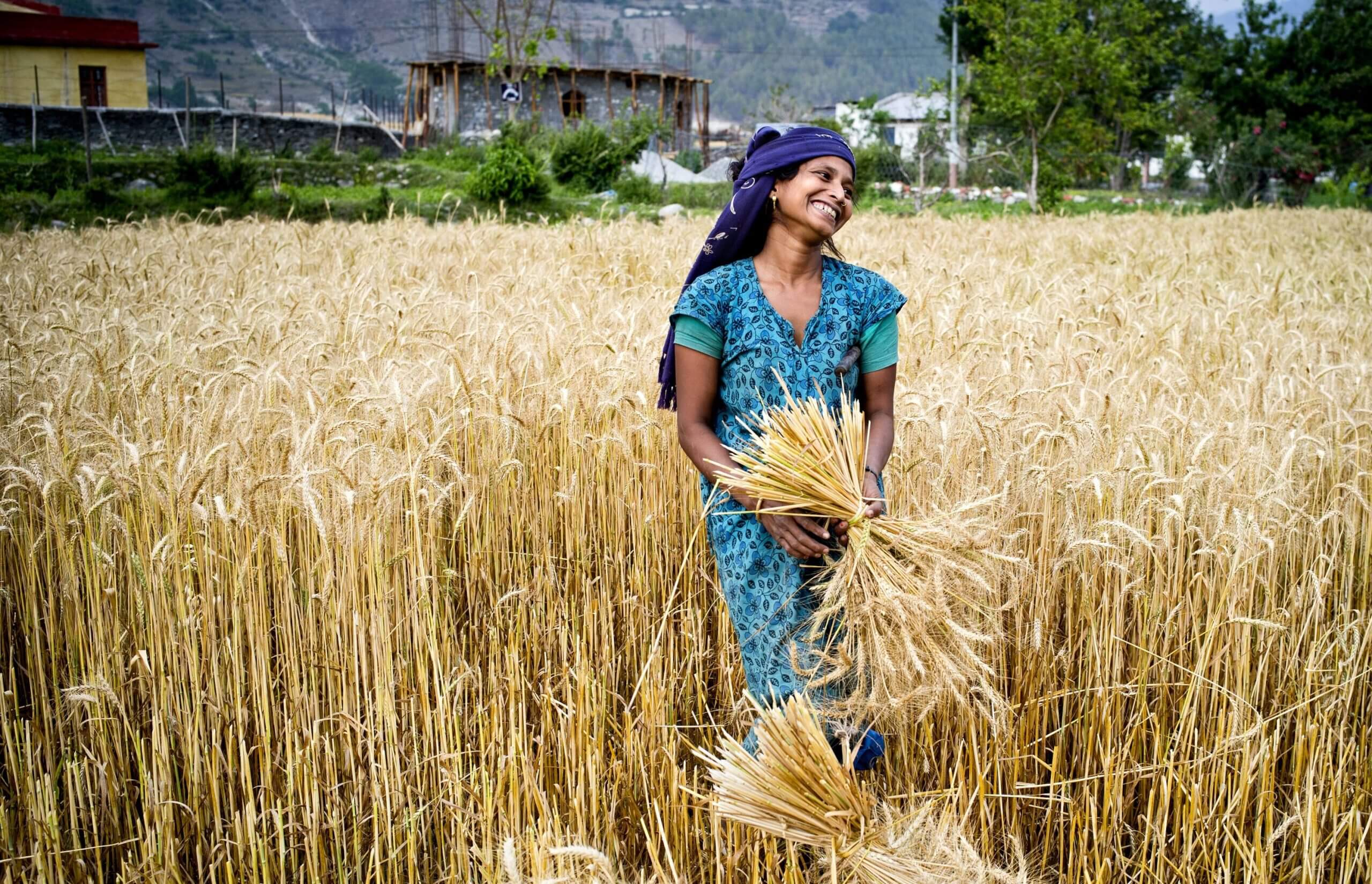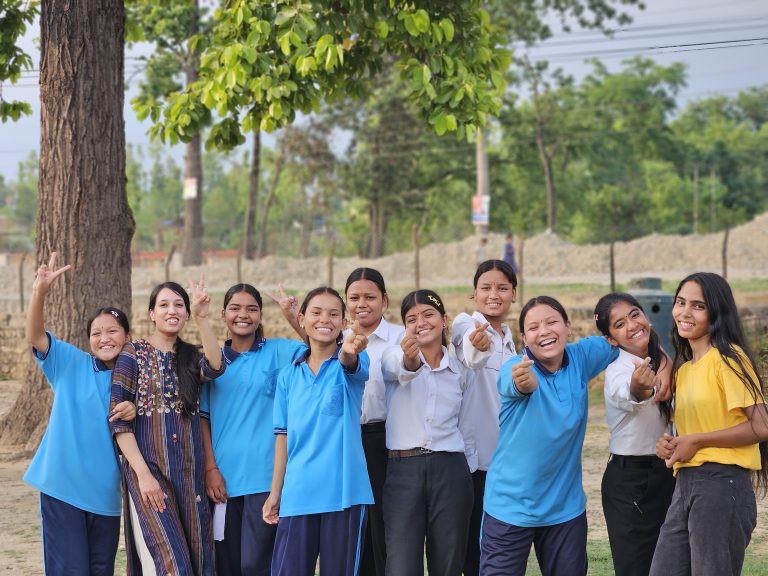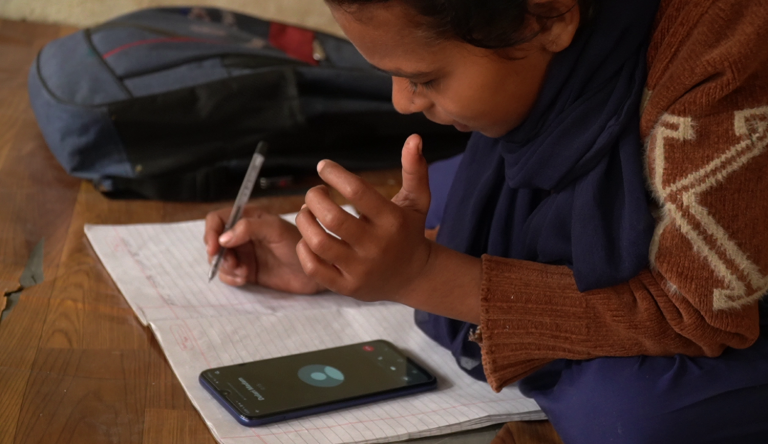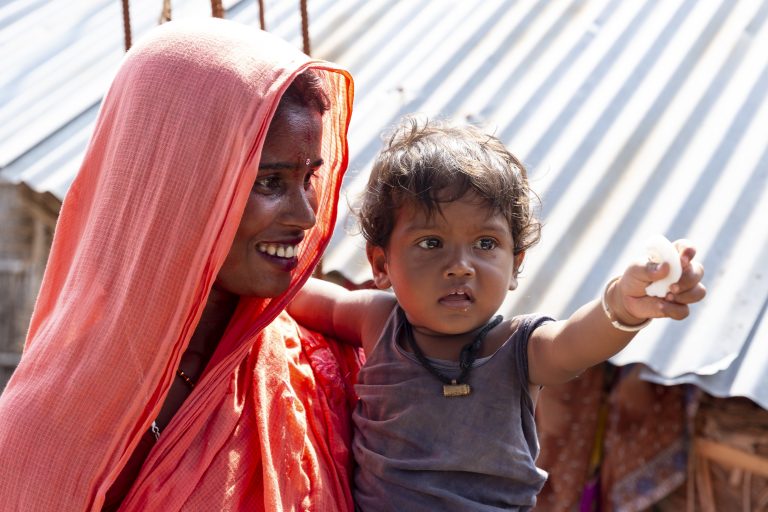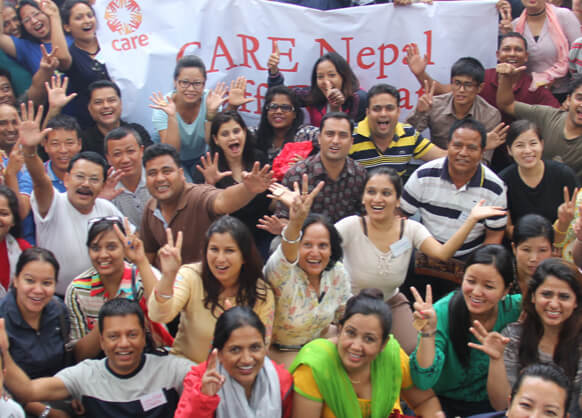CARE Nepal's LDS-Fill the Nutrition Gap Project aims to improve the availability and consumption of nutritious foods and reduce anemia in women, children, and in their families and communities. CARE Nepal's LDS-Fill the Nutrition Gap project being implemented in Siraha and Saptari Districts aims at reducing malnutrition among smallholder and landless women farmers. In partnership with the National Farmers’ Group Federation, the project is empowering women with access to community land, agriculture training, and crucial handholding support.
Smallholder and landless women farmers and households have been chosen as the target groups for this intervention, as they are historically marginalized and face severe inequality, exclusion, and food and nutrition insecurity. These and other factors have left them in poverty. The majority of landless and smallholder farmers are engaged in agriculture, as most of them do not have alternate livelihood options for improving their lives.
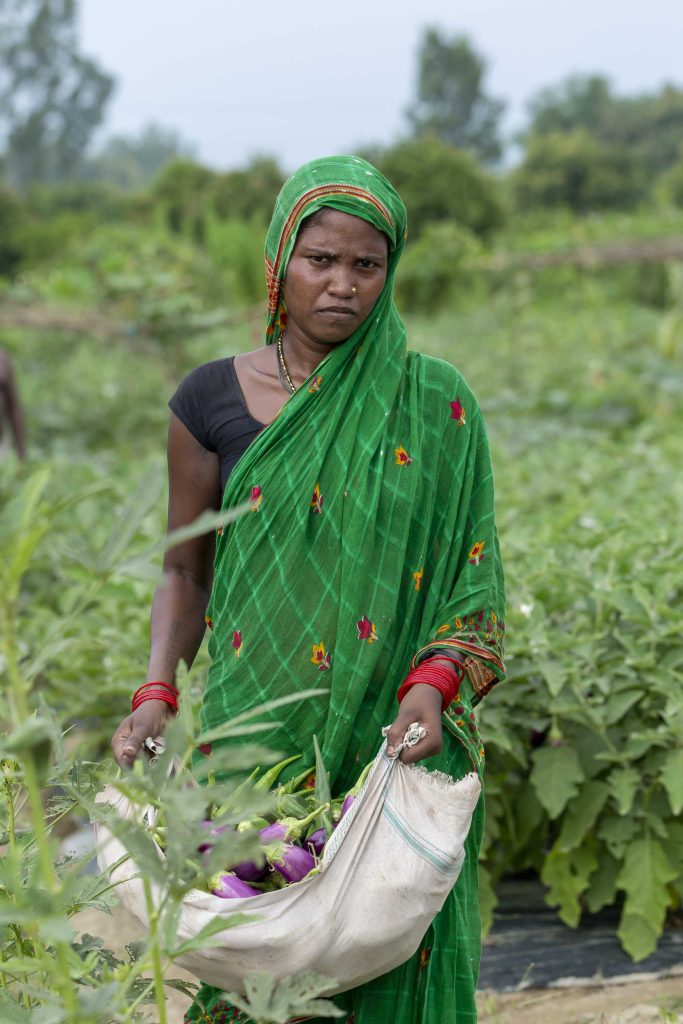
Activities
Activities under this project focuses on increasing access to nutritious foods and better diets as a first step on the journey to improved nutrition. The initial stage of the home gardens and Lucky Iron Fish interventions will provide needed supplies to the target groups to establish diversified and nutritious home gardens, as well as sensitization and training on the purpose and use of the LIF. Following the establishment of healthy gardens, households will be equipped with the skills to sell surplus food produced from their gardens at local markets for extra income that they can use to purchase additional foods.
In addition, the project also aims to transform harmful social norms around nutrition behavior and intensify best practices relating to nutrition. The good nutrition practices promoted through the Farmers' Field Business School will be intensified at the household level, along with transforming nutritional behavior through a series of community-focused nutrition sessions. The focus will be on raising awareness and challenging harmful norms that limit access to diverse and nutritious food for marginalized people, especially women and girls. CARE is working towards facilitating the promotion and adoption of positive nutrition practices.
The project also aims to support food and nutrition committees at the local government level to function to its optimum level while the project also supports in providing access to productive resources (including land, pond, input, equipment, technology, credit facility) for marginalized and landless women farmers.
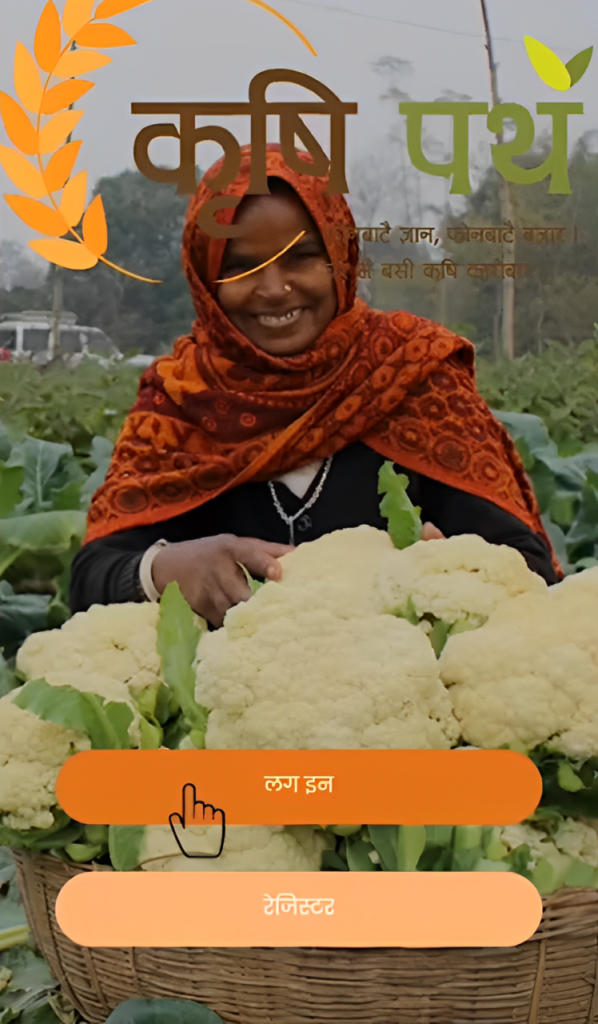
Leveraging digital and non-digital market platforms for input supplies and produce marketing is also an important focus. CARE has developed and operationalized a mobile app named Krishipath (which means Agricultural Path), successfully piloting it in Lumbini Province. The app links smallholder farmers with extension services, agricultural information services, including weather forecasts and livestock, and agricultural traders and lead farmers. It also brings together different actors in the demand and supply network to collaborate for mutual gains.

